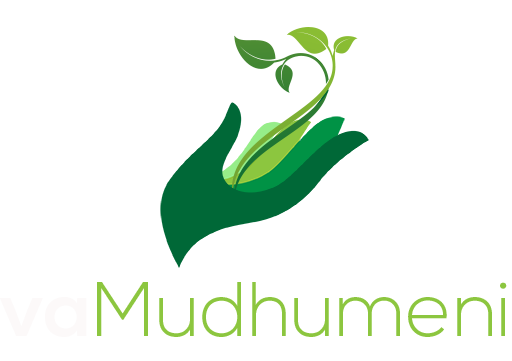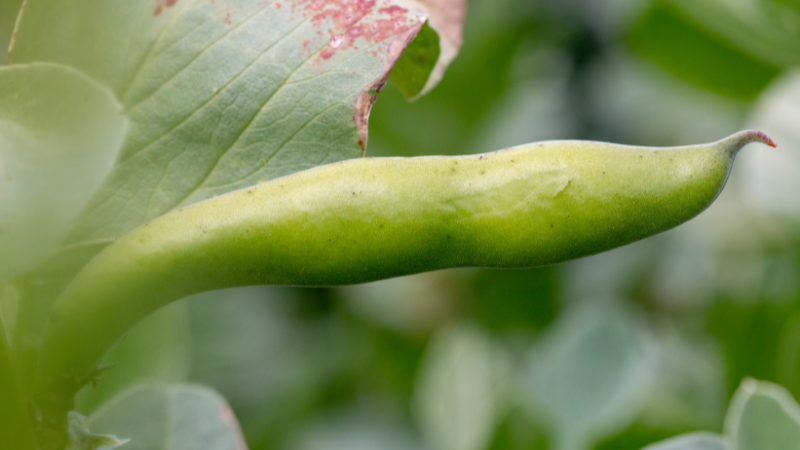Potassium, also known as potash, also comes into play as one of the big three macro-nutrients in as far as the nourishment of the plant is concerned. Some of the biggest sources of the nutrient include mined rock powders and wood ash as well manure, compost and other organic materials which are mostly used for shrubs and plants that produce flowers and fruits such as peas and beans.
Potassium is associated with the movement of water, nutrients and carbohydrates in plant tissue. It is involved with enzyme activation within the plant, which affects protein, starch and adenosine triphosphate (ATP) production for the regulation of rate of photosynthesis. Potassium also helps to regulate the opening and closing of the stomata, which in turn regulates the exchange of water vapor, oxygen and carbon dioxide. If potassium is deficient or supplied in inadequate amounts, it stunts plant growth and reduces the final yield.
For perennial crops such as alfalfa in particular, potassium plays a role is stand persistence through winter. Generally, various other important roles of potassium include increasing root growth and improving drought resistance, maintaining turgor and reducing water loss and wilting, aiding photosynthesis and food formation, reducing respiration and preventing energy losses, enhancing translocation of sugars and starch, producing grain rich in starch, increasing plant’s protein content, building cellulose and reducing lodging and fighting off crop diseases.
As with any other nutrient, as much as it is possible with the farmer the needs of the soil should first be assessed to come up with the best prescription.
By Albert Makendenge

